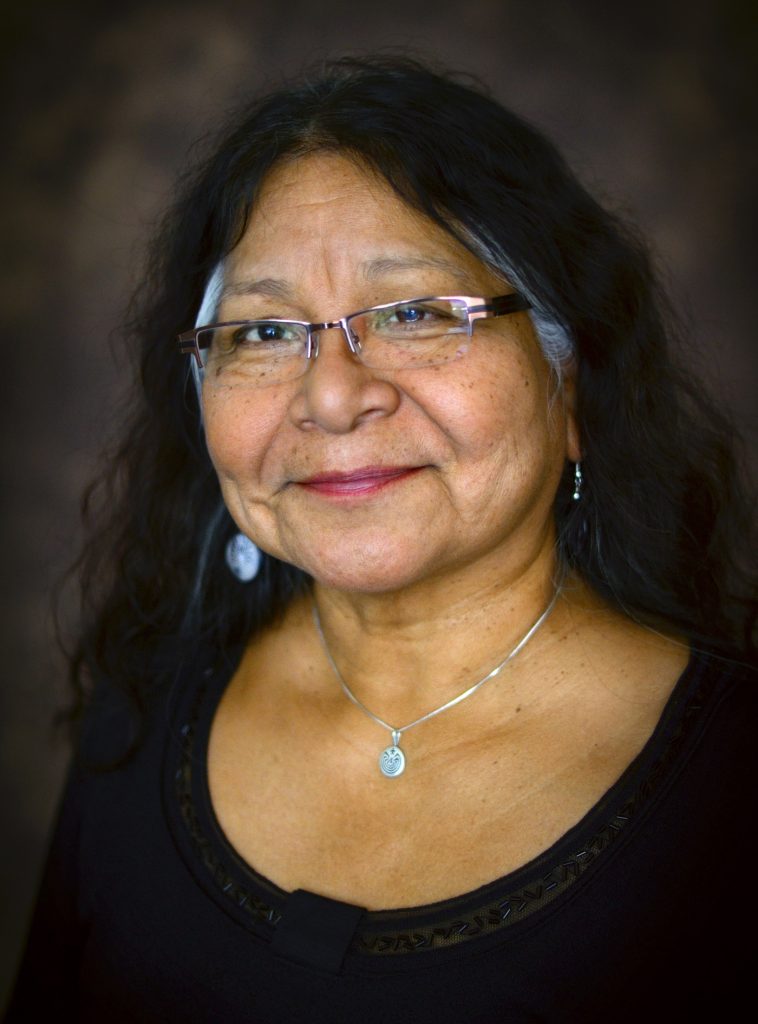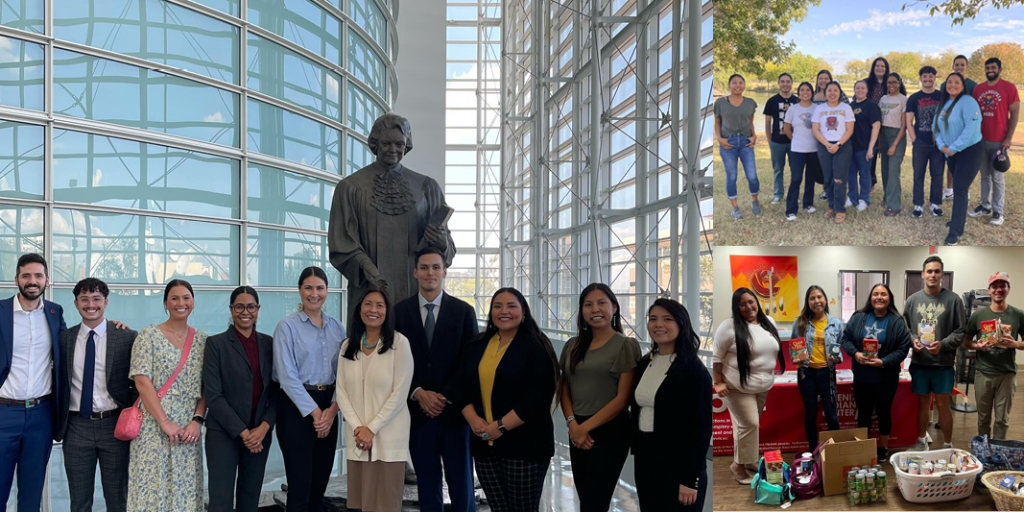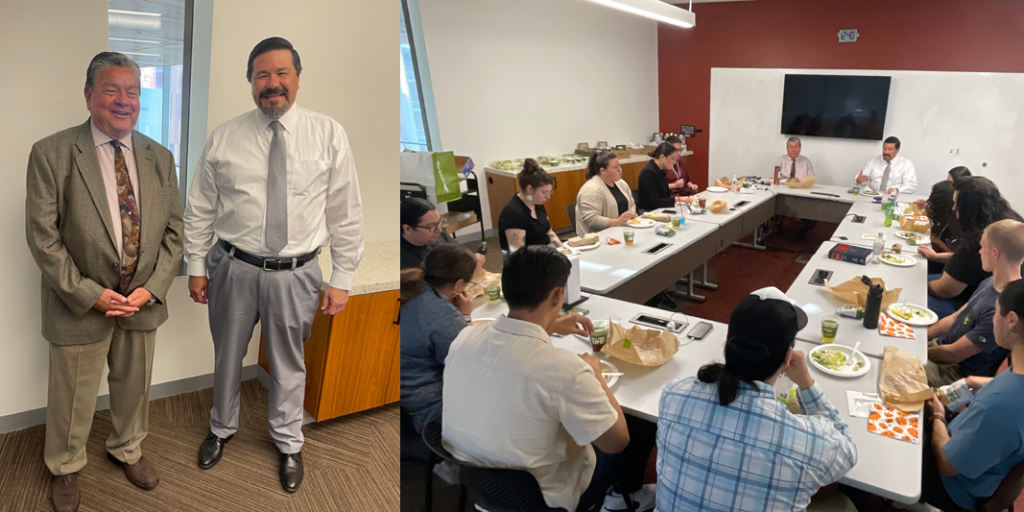National Congress of American Indians
Washington, DC
The Policy Lead – Environmental Sovereignty will conduct in-depth research and analysis on environmental, natural resource, and conservation law and policy at the tribal, federal, state, local, and international levels for the NCAI Institute for Environmental Sovereignty. The ideal candidate has a good understanding of administrative, federal Indian, and environmental law, and has at least three years of experience carrying out legal and policy research and analysis as well as drafting public-facing reports, white papers, and issue briefs. Candidates will have a passion for serving Tribal Nations and Indigenous communities and a deep interest in environmental protection and natural resource stewardship.
The Institute for Environmental Sovereignty’s mission is to advance Tribal Nations’ leadership in natural resource governance and environmental stewardship; the safeguarding of Indigenous peoples’ cultural heritage linked to the landscape and natural environment; and innovative Indigenous-led approaches to environmental protection. The Institute carries out this mission through its core objectives: (1) tracking environmental matters of greatest concern to Indian Country; (2) carrying out in-depth research and analysis of environmental and natural resource policy, law, programs, and action, at all levels and types of government, which impact Indian Country, treaty resources, cultural heritage, and tribal communities’ health and wellness; (3) advocating for greater tribal sovereignty over, and stewardship of critically important natural resources; and (4) convening Tribal Nation leaders, partners, and supporters around Indian Country’s greatest environmental problems, solutions, and promising opportunities to create communities of practice.
Duties & Responsibilities:
Under the direction of NCAI’s Director of the Institute for Environmental Sovereignty, the primary duties of the Policy Lead – Environmental Sovereignty include but are not limited to:
- Conduct in-depth legal and policy research and analysis at the tribal, federal, state, local, and international levels
- Engage in policy development
- Draft reports, white papers, issue briefs, journal articles, and other public-facing documents
- Monitor legal, policy, social, and technological developments regarding environmental, natural resource, and conservation matters
- Develop and maintain expertise in law and policy related to environmental protection, natural resource stewardship, the relationship between Tribal Nations and federal, state, and local governments, and other related areas
- Cultivate strong relationships with internal and external partners and partner organizations, technical experts, and government agencies and officials
- Deliver presentations, both virtual and in-person
- Contribute to grant writing in support of the Institute, including letters of intent, concept notes, and proposals
- Travel in order to staff NCAI’s three major conferences that take place each calendar year, and occasional travel for site visits, meetings, and representing the Institute at conferences, including providing presentations on Institute projects when required
See full job description and apply.





